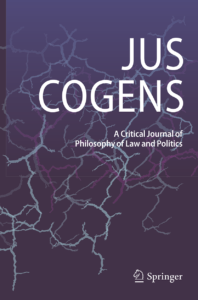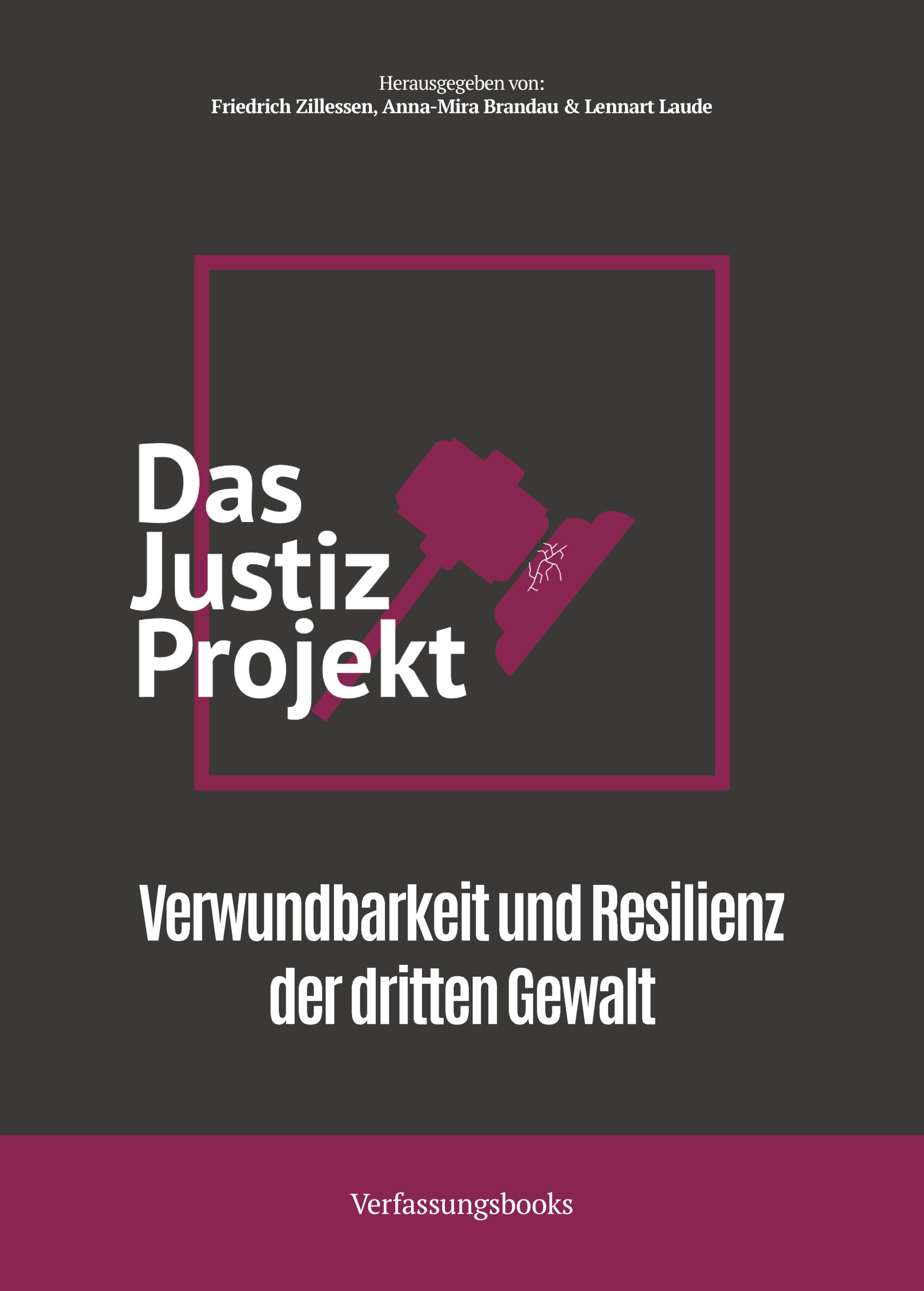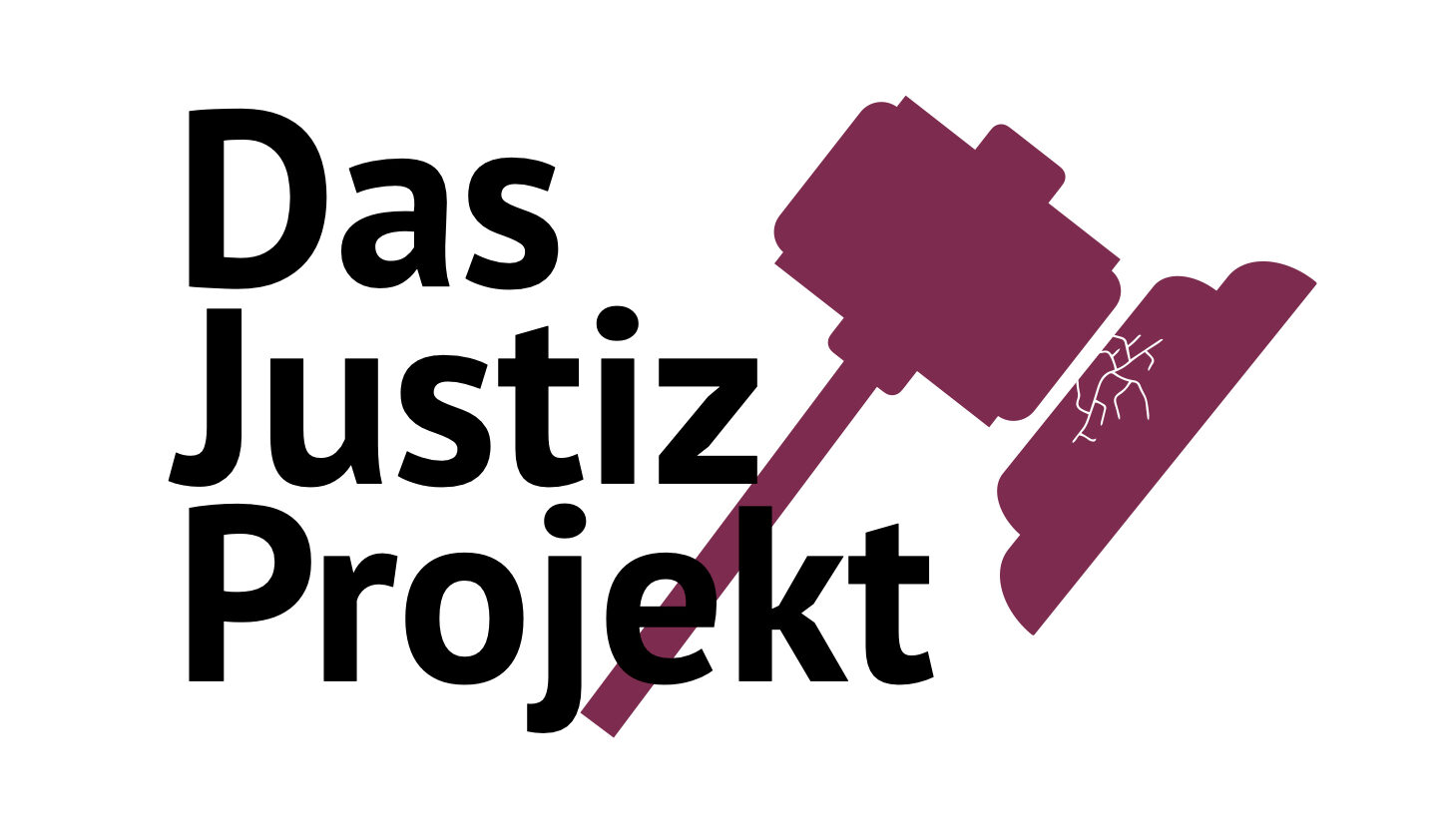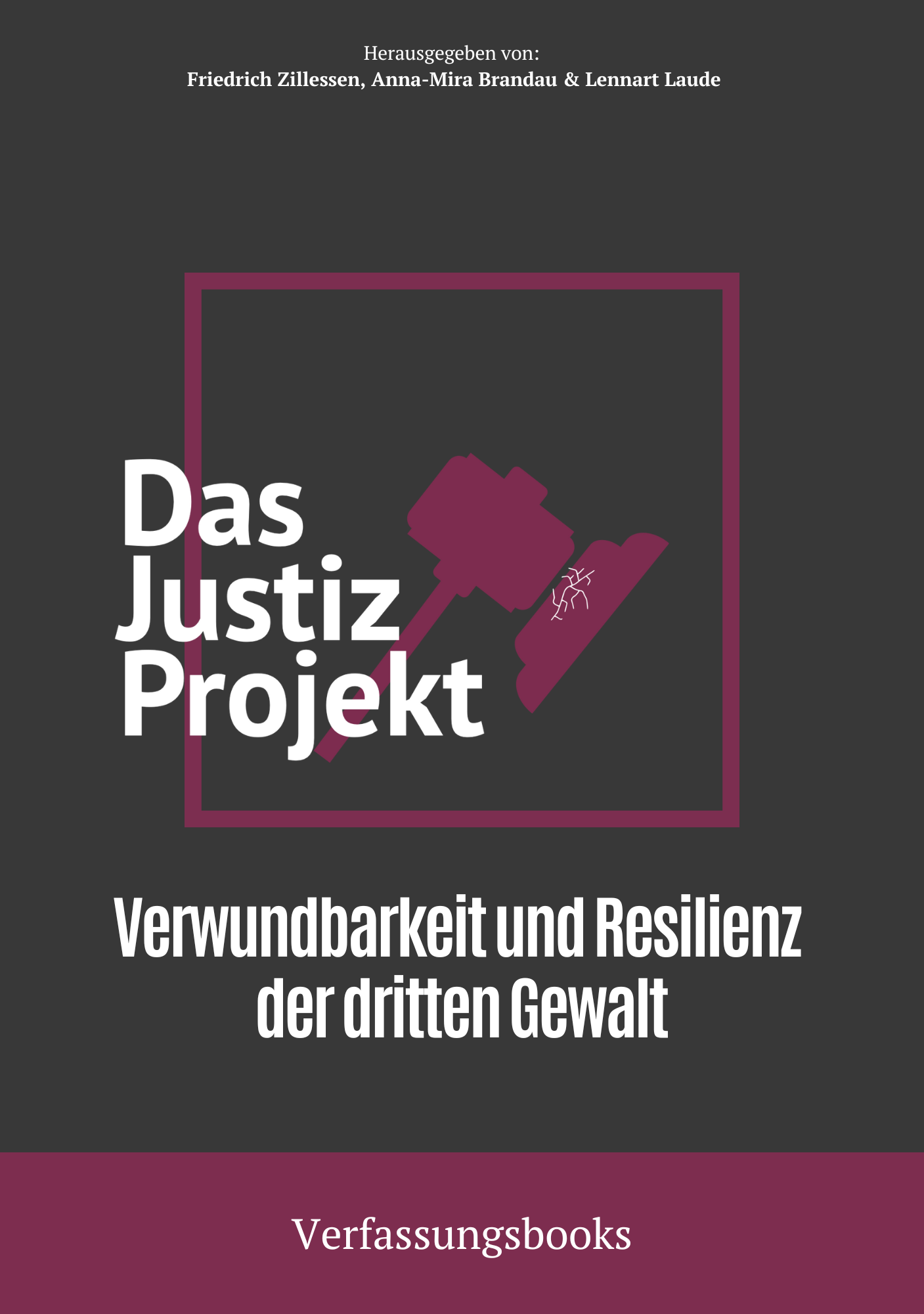Kangaroo Courts and EU Law
In Commission v. Poland, the Court of Justice ruled that Poland’s Constitutional Tribunal no longer qualifies as an independent and impartial tribunal established by law. The ruling decisively addresses the status of the body currently masquerading as Poland’s Constitutional Tribunal, although one may question whether the Court did not commit a category error by taking the outputs of such a body seriously.
Continue reading >>The Monster Screaming the Loudest
In late October 2025, the majority of the Latvian Parliament voted to denounce the Istanbul Convention. This move faced considerable civic protests and was ultimately suspended due to a presidential veto. Nevertheless, what happened in Latvia was not a mere national power play. The withdrawal attempt was a manifestation of a broader challenge posed to Latvia and to Europe in general by disinformation, the growing backsliding threats to constitutional democracies, and by an ancient monster still lurking in the shadows of Europe.
Continue reading >>Europe Must Draw the Line
The long-term impact of U.S. intervention in Venezuela will not be decided in Caracas or Washington, but elsewhere. With intervention now framed as a standard policy instrument of the USA, it is the response of other states — including in Europe — that will determine whether the erosion of international law becomes normalised across regions.
Continue reading >>Defending Democracy Against Itself
Five years ago today, Trump’s supporters stormed the Capitol after his defeat in the 2020 election. Two years ago, in Trump v. Anderson, the U.S. Supreme Court kept Trump on the presidential ballot. What would the world look like if militant democracy had prevailed in the United States? Maybe not so different after all. Democracy is best defended not by banning its opponents, but by renewing popular support through participation, persuasion, and substantive reform.
Continue reading >>The Seizure of Maduro as a Repudiation of Legal Constraint
The Trump Administration’s armed attack on Venezuela and seizure of President Maduro does not even purport to serve the values of the international community. Its rhetoric dismisses communal interests and values with performative brazenness. It evokes a pre-Charter world of “spheres of influence,” where regional powers are licensed to pursue their own ends through imposition upon weaker neighbors.
Continue reading >>When Context Disappears
In Slagelse Almennyttige Boligselskab, the CJEU addressed whether Denmark’s "social mixing" policy in public housing amounts to ethnic discrimination under EU law. While much commentary has focused on ethnic origin and integration narratives, this contribution shifts attention to housing itself. The Court’s reasoning abstracts away the material realities of eviction and housing commodification, with the consequence that harm is fragmented and housing policies may more readily be framed as legitimate tools of “integration” and “social cohesion,” even where they disproportionately affect minority groups.
Continue reading >>With Great Power Comes Great Responsibility
The Court of Justice’s judgments in W.S. et al and Hamoudi mark an important shift in accountability at Europe’s borders. The Court made clear that Frontex cannot evade judicial responsibility for fundamental rights violations. The rulings lower evidentiary hurdles for victims of deportations and pushbacks and underscore that remedies against EU agencies must work in practice. Taken together, the cases push back against Frontex’s long-standing structural irresponsibility and reaffirm the rule of law in EU asylum governance.
Continue reading >>This Is Not Simplification
The European Union’s digital rulebook is increasingly criticized for its complexity, prompting calls for simplification. However, recent proposals like the draft Digital Omnibus regulation are strong on limiting rights but weak on providing clarity. To achieve simplification, we must comprehend and address the root causes of complexity by clarifying rights and obligations, reducing regulatory overlaps, and prioritising long-term coherence over short-term fixes.
Continue reading >>When National Courts Say No
On 16 December 2025, the European Court of Human Rights (ECtHR) delivered its judgment in Gondert v. Germany. At the centre of the dispute lies the duty to give reasons. In the triangular relationship between EU law, the ECHR, and national legal orders, the duty to state reasons plays a catalytic role: without adequate reasons, the much-cited “dialogue between courts” cannot operate as genuine dialogue. Gondert improves matters to some extent, but it cannot by itself remedy the deeper structural weaknesses that shape how that dialogue functions.
Continue reading >>The EU’s 1787 Moment
Recent actions by the United States vis-à-vis Europe, such as the adoption of the National Security Strategy, suggest that the European Union might need to make some quick, existential decisions in the coming years in order to better protect its interests. Europe can look to U.S. history for an example of how to proceed and generate what we might call “a 1787 moment.”
Continue reading >>CURRENT DEBATES
Wem gehört die Wissenschaft?
Wem gehört die Wissenschaft – und wem sollte sie gehören? Obwohl Wissen als öffentliches Gut prinzipiell unbegrenzt teilbar ist, wird der Zugang zu wissenschaftlichen Publikationen und Infrastrukturen durch ökonomische und rechtliche Strukturen beschränkt. Zwischen kommerziellen Verlagsmodellen, staatlicher Finanzierung und Community-getragenen Open-Access-Initiativen stellen sich grundlegende Fragen nach Eigentum, Verantwortung und Unabhängigkeit wissenschaftlicher Arbeit. Das Blog-Symposium „Wem gehört die Wissenschaft?“ greift diese Frage auf und beleuchtet Facetten der Organisation von Wissenschaft als Gemeingut, der Eigentums- und Machtverhältnisse im Publikationssystem und der Bedingungen offener und freier Wissensproduktion.
Read all articles >>In Good Faith: Freedom of Religion under Article 10 of the EU Charter
Freedom of religion, its interaction with the prohibition of discrimination, and the self-determination of churches are embedded in a complex national and European constitutional framework and remain as pertinent and contested as ever. This symposium examines the latest significant developments from an EU perspective, placing freedom of religion at the centre of analysis and critically assessing its operationalisation and interpretation in light of the EU Charter. Co-edited by Jakob Gašperin Wischhoff and Till Stadtbäumer.
Read all articles >>ADVERTISEMENT
 Volume 7,
Volume 7,Issue 2
July 2025
JUS COGENS
-
Killing Hitler Word by Word: The Oath as Apocalyptic Lawmaking
GREGOR NOLL
-
Adjudicating Climate Protest as a Tool of Modern Republicanism
DMITRII KUZNETSOV
OUR LATEST PUBLICATION
Friedrich Zillessen, Anna-Mira Brandau & Lennart Laude (Hrsg.)
Das Justiz-Projekt. Verwundbarkeit und Resilienz der dritten Gewalt
Weltweit gerät die unabhängige Justiz unter den Druck des autoritären Populismus. Wie verwundbar ist die rechtsprechende Gewalt in Deutschland? In rund 70 Recherchegesprächen hat das Justiz-Projekt gemeinsam mit Expertinnen und Experten aus der Praxis Einfallstore identifiziert und Szenarien entwickelt, die plastisch machen, wie und wo die Justiz angegriffen werden kann. Antizipation beginnt jetzt.

PROJECTS
VB Security and Crime
In cooperation with:
VB Security and Crime is a cooperation of the Max Planck Institute for the Study of Crime, Security and Law (MPI-CSL) and the Verfassungsblog in the areas of public security law and criminal law. The MPI-CSL Institute is a member of the Max Planck Law network.
Das Justiz-Projekt

Weltweit gerät die unabhängige und unparteiische Justiz unter den Druck des autoritären Populismus.
Wie verwundbar ist die rechtsprechende Gewalt in Deutschland – im Bund und in den Ländern?
VB Security and Crime
In cooperation with:
VB Security and Crime is a cooperation of the Max Planck Institute for the Study of Crime, Security and Law (MPI-CSL) and the Verfassungsblog in the areas of public security law and criminal law. The MPI-CSL Institute is a member of the Max Planck Law network.




